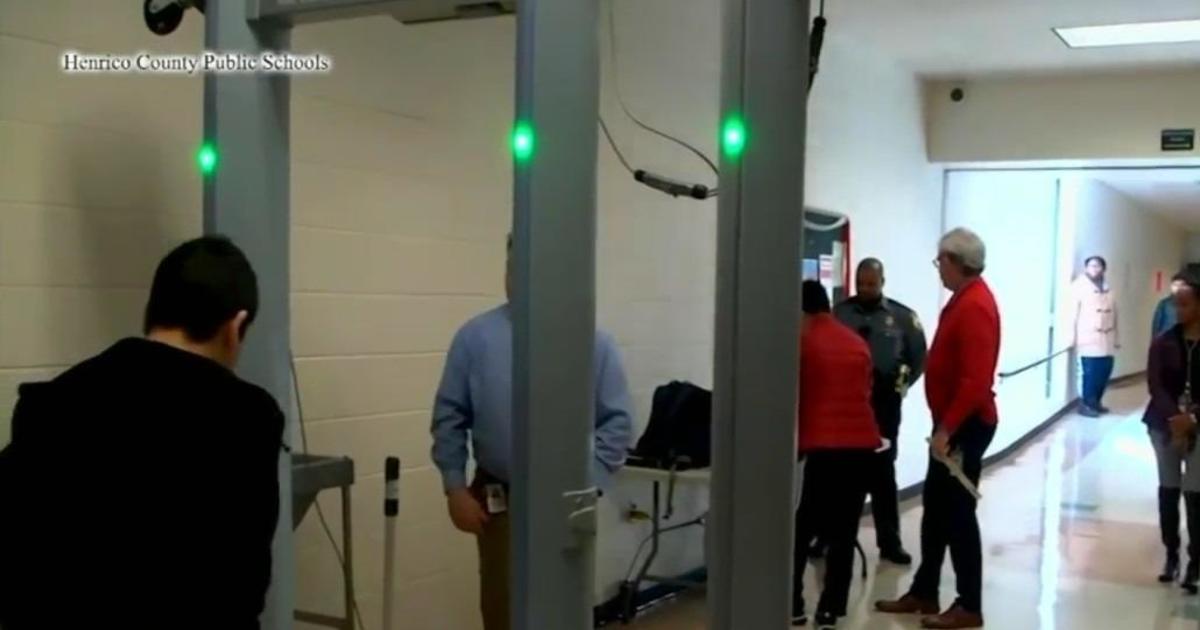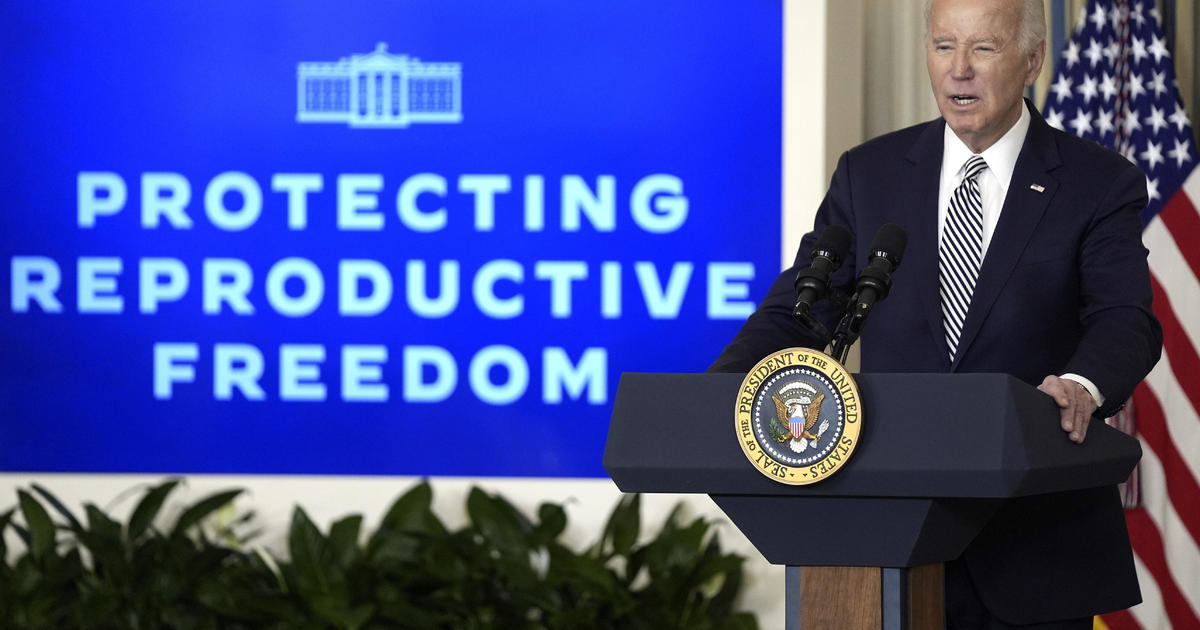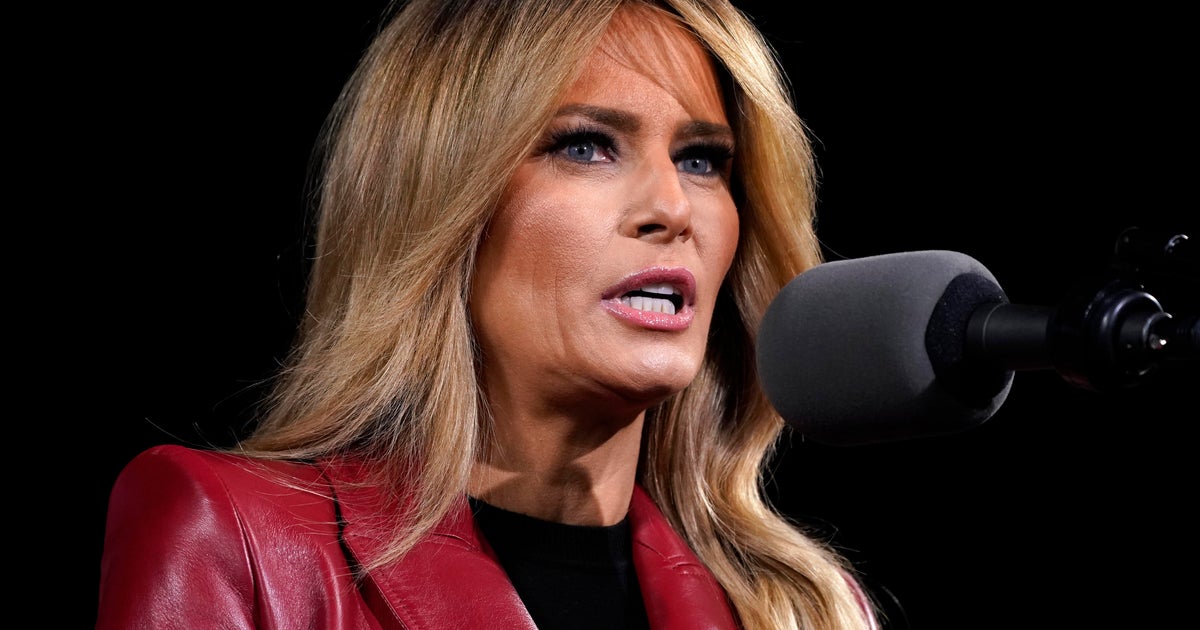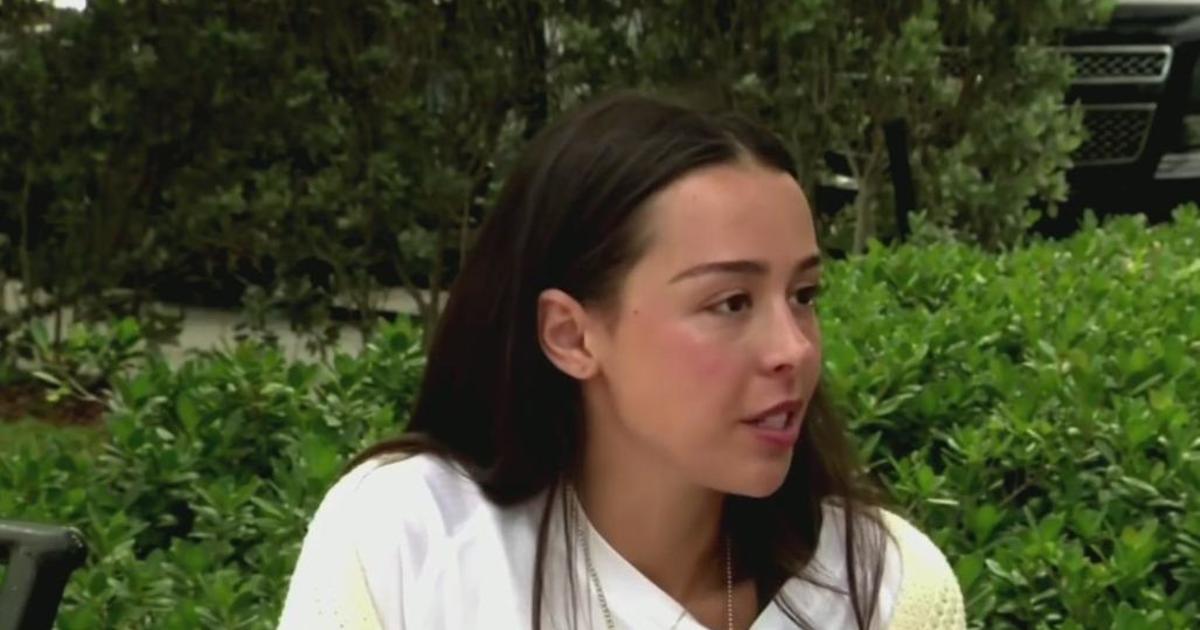Campaign 2020 Q&A: Political Science Expert Charles Zelden Discusses Resolving A Disputed Election
MIAMI (CBSMiami) – Claims of voter fraud and rigged elections have been a part of President Donald Trump's stump speeches since the 2016 election.
But this cycle, the familiar refrains are now political strategy.
The goal is to sow seeds of distrust and the results of the election, sending off a high-stakes political battle for the presidency not seen since the Florida 2000 recount.
Dr. Charles Zelden, a political science expert from Nova Southeastern University, joined CBS4 anchors Eliott Rodriguez and Frances Wang Monday evening for a Q&A on resolving a disputed election.
Q: In addition to casting doubt about the election results, the president has refused to commit to a peaceful transfer of power. This is something unheard of for Americans. What are the likely scenarios we could see it the president makes good on that refusal?
A: Well, actually, not much on. It depends on the vote. The only way that becomes a real problem is if the vote is razor thin, and I mean Bush v. Gore razor thin. Otherwise, the votes get counted, and the president complains, the governor certify the vote, and that's it. The real problem is if the president decides to go sort of extra judicial, to go beyond the scope of politics. And for that, he's going to need a lot of support in government to do things that are actually unconstitutional. And the hope is the expectation is that's not going to happen. But it becomes more likely the closer the vote is between the two candidates.
Q: What if the election goes to the House of Representatives?
A: OK, the way it works is this. It goes to the House of Representatives. The top three vote getters are in the running, although really only just be the top two, and every state gets one vote. Doesn't matter if you've got 40 representatives or one representative, you got one single vote. So it's the delegation that matters rather than who has the most seats in the House. Currently, the Republicans control a majority of the delegations, but we won't know what the situation will be after the upcoming election. It's quite possible that in some states, those delegations will switch. And you need a majority of the state delegations in order to win the presidency.
Q: Now, the Atlantic reports that the Trump campaign is thinking about having Republican-controlled state legislators appoint Trump voters to the Electoral College, regardless of what their state's popular vote result was. I mean, that seems unheard of. But you know what, I was here to him in 2000, and this is Florida after all. What happens in a scenario like that?
A: In fact, it's not unheard of. We came this close in Florida having that happen. If the Supreme Court hadn't stopped the recounts, the Florida Legislature was all set to pick a set of electors for Bush, no matter what the recount showed. Again, it comes down to a question of how close the vote is. The greater the gap between the candidates, the harder it is to justify that the election has failed. That just because the only way the legislators can do this, once the election has been held, is to say that because of problems with the vote counting, we're not going to have electors on the safe harbor deadline. And therefore, we must, we must make this choice on behalf of the state so that we can be counted. That only really works if they're really, really, really close in the numbers, and if it's all caught up in litigation, sort of what happened here in 2000. If that happens, yeah, it can be bad, but it doesn't look like it's going to be that close in enough states to make that difference – assuming they follow the rules, of course.
Q: Well, Dr. Zelden, we want to ask you now about the Supreme Court. The confirmation hearing of Judge Amy Coney Barrett just started Monday and the president has been pushing for her appointment. In the event this battle goes to the Supreme Court, what happens if the president has exhausted all of his options and still refuses to leave?
A: Well, if the court rules in his favor, chances are he'll stay. But again, I don't see the court operating unless it's a super close vote with problems with the recounting process or the counting process. I'm assuming that there are enough votes for Biden, I think what happens on me at noon on the 20th of January, the Secret Service picks him up in the chair he's sitting in and carries him outside the campus of the White House and deposits him there. Once Biden's sworn in, he's no longer president no matter what he says or wants. His job, if he wants to mess things up, is to make it so confusing that by the 20th we're not sure who the victor is. But according to the rules already in place, that would mean that we would have a temporary president and that would be the Speaker of the House.
Zelden ended the Q&A session reminding voters one key thing.
"Just because it takes a while to count the votes, doesn't mean there's anything wrong," he said. "It just means you're getting it right."



